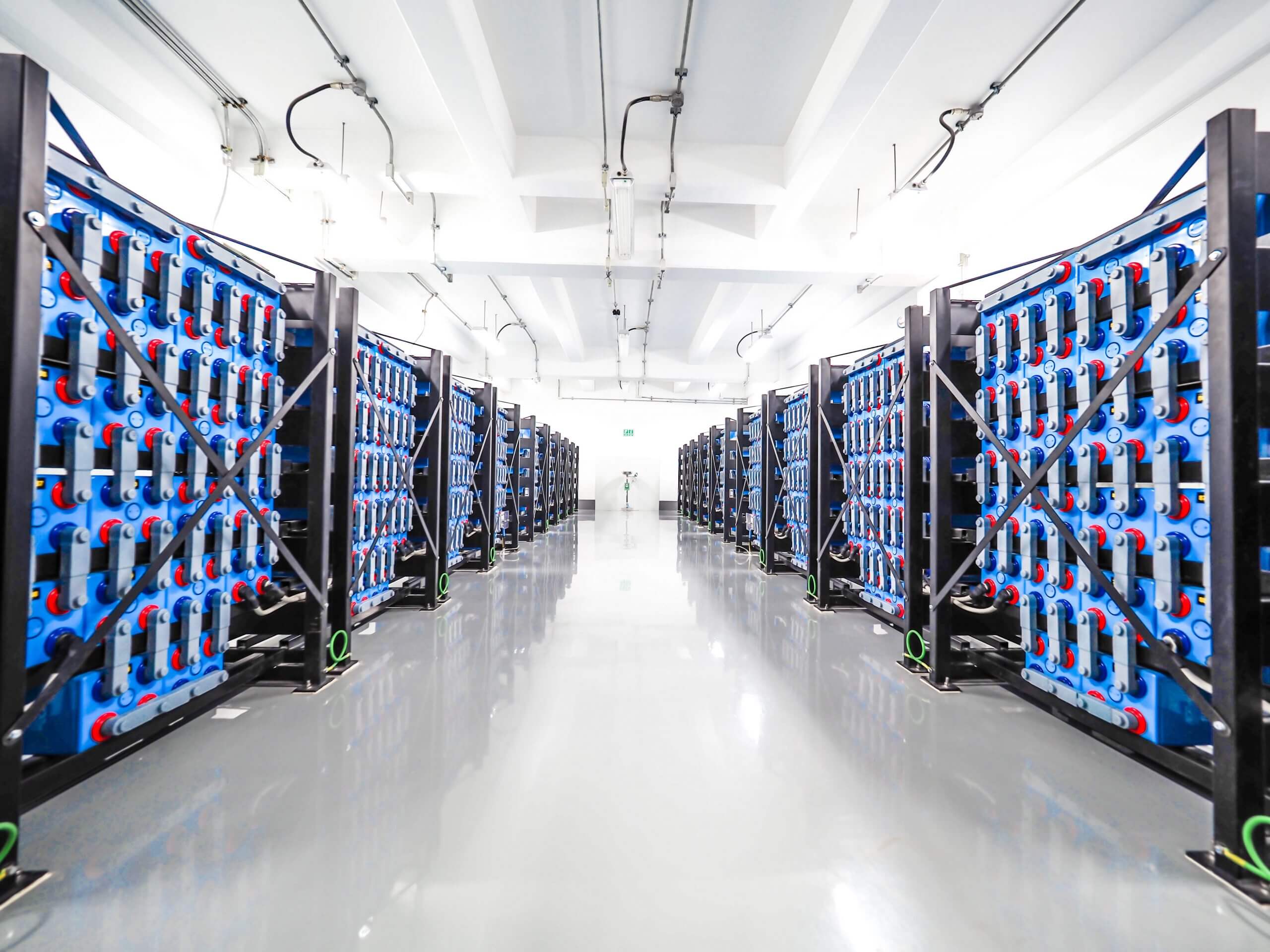A hydrogen sensor is a device that is designed to detect the presence of hydrogen in a given environment. These sensors can be used to detect the presence of hydrogen gas in industrial and residential settings, as well as in laboratories. They come in a variety of types, including electrochemical, optical, and catalytic sensors. Most hydrogen photoelectric cells are able to detect hydrogen concentrations of up to 1000 parts per million (ppm).

Key Elements To Take Into Account When Selecting A Hydrogen Sensor For Battery Room
1. Sensitivity
The sensitivity of a hydrogen sensor is one of the most critical factors to consider. It determines how well the sensor can detect hydrogen gas at various concentrations.
2. Response Time
The response time of a hydrogen sensor is another important feature to consider. It refers to the time taken by the sensor to detect and respond to the presence of hydrogen gas.
3. Accuracy
Accuracy is a key feature to consider when selecting a hydrogen sensor for battery rooms. It refers to how closely the sensor's readings match the actual concentration of hydrogen gas in the environment.
4. Robustness and Durability
Battery rooms are often subjected to harsh conditions, including temperature variations, humidity, and chemical exposure. Therefore, it is crucial to choose a hydrogen sensor that is robust and can withstand these challenging environments.
Conclusion,Choosing the right hydrogen sensor for battery rooms is crucial for ensuring the safety of personnel and the facility. By considering the key features such as sensitivity, response time, accuracy, robustness, maintenance, and integration options, you can make an informed decision and select a sensor that meets your specific needs.
